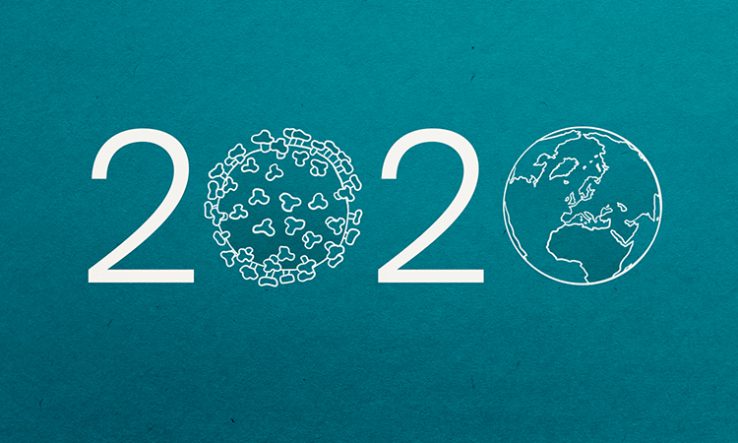
The past year was a trial for African scientists, but 2021 could be worse
On 16 January this year we published an article titled Three global events that will shape African R&D in 2020. The events we identified were: Brexit, Horizon Europe, and the United States presidential elections.
All good guesses. But they have paled in comparison with the novel coronavirus, SARS-CoV-2, which over the past twelve months has completely changed the way researchers communicate, socialise and travel.
As the year draws to a close, things are slowly starting to look up. Notably, we don’t just have one Covid-19 vaccine, but several, and rollout has started.
But while such tools could see wealthy parts of the world move off the Covid-19 hotplate over the coming year, Africa’s limited access to vaccines and ravaged economies could see it landing out of the frying pan into the fire.
A year of resilience
Scientists around the world endured hardships this year. Laboratories shut out staff. Teaching moved online. Schools closed, forcing researchers with young children to juggle working from home with care duties.
Researchers were isolated from the rest of the world, as border closures curtailed academic travel. In Africa, this especially impacted young researchers, who missed out on training opportunities abroad for which there are no local alternatives.
Worldwide travel bans carried a silver lining for Africans, who normally struggle to attend events in the Global North due to visa and funding challenges. Online conferencing meant African scientists could present at meetings they may have missed otherwise.
As rich countries focused inwards, African countries had to trust their own experts to prepare for, and manage, Covid-19. Many coped with panache: Senegal and Rwanda earned international praise for keeping infection rates low.
While South Africa’s science budget took a hit—16 per cent was shaved off it in a mid-year emergency budget to channel funding to the Covid-19 response—researchers in other African countries did not complain of a funding crunch.
In Nigeria, Kenya, Ghana and Uganda, scientists said their (usually foreign) funders were not threatening to pull grants, and that they were even allowed to repurpose their money towards handling Covid-19 in their countries.
Uneven playing field
But if this year was a leveller of sorts in global science, there are risks that Africa could be left behind once more come 2021.
In December, the United Kingdom started vaccinating its population against Covid-19. Africa is unlikely to start doing so until the middle of next year, the Africa Centres of Disease Control and Prevention has warned.
This raises the question whether African scientists will be able to travel to conferences in the Global North, should those start up again next year.
It’s a serious concern. Some wealthy countries have already indicated that they will require a vaccination certificate from foreigners wanting to enter. If Africans can’t access vaccines, they could be locked out. Meanwhile, lives will continue to be lost to Covid-19 on the continent.
Funding could be squeezed too. The Covid-19 pandemic has ravaged Africa’s finances. Now, some risk defaulting on international debts, with Zambia being the first to do so last month.
Lingering scars
Such defaults could make it difficult for countries to raise funding to rebuild their economies. In the fray, domestic science and technology investment could be overlooked, despite the role it demonstrably played in beating back Covid-19.
Other scars could take even longer to heal. African scientists and medical doctors lost their lives to Covid-19, many while putting their own safety on the line to care for others. These tragic losses include Gita Ramjee and Lungile Pepeta in South Africa, Jacob Plange-Rhule in Ghana, and Anthony Were in Kenya.
Looking forward, the continent will need allies. International donors must not close their doors on Africa. Meanwhile, African nations that can afford to reward their scientists’ dedication this year, should.
Global solidarity should be the guiding principle as the world sets sights on a new destination: The post-Covid-19 world.